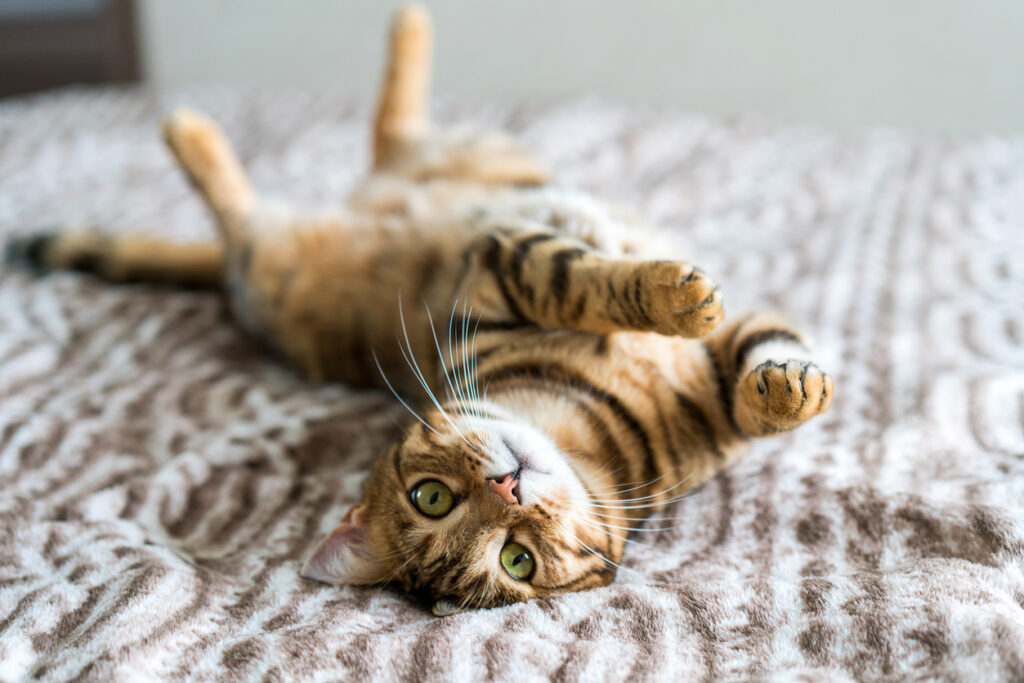Worms in Pets: Where They Come From and How To Control Them
There’s no avoiding it: intestinal worms are a fact of life for our furry friends. In fact, many of the daily habits we know and love about our pets make it easy for these contagious parasites to spread. That’s why controlling worms in pets must be a top priority! But worms are tricky and can go undetected by even the most attentive pet owners.
In this post, we’ll uncover the hidden ways your pet can pick up worms and how to treat them.
How Do House Pets Get Worms?
The Worry With Walkies
Daily walks are perfect way to stay in shape! However, grass and soil play host to various parasites — including hookworms and roundworms — making it easy for you or your pet to pick up worm eggs whilst your out exploring.
You might think this just applies to dogs, but even indoor cats can contract worms from your daily walk. Transmission from other pets or dirt stuck to your shoe can also bring unwanted parasites into your home.
The Problem With Poo
Poo patrol might be our least favourite task as pet owners, but regular and responsible disposal of your pet’s poo is essential for preventing worms. Hookworms, in particular, are known for spreading through infected poo and can even be passed to humans. That’s why careful poo collection and good handwashing hygiene are essential.
The Hazard of Exploring
If there is one thing cats and dogs can agree on, it’s that they both like to scavenge. We know all too well that our pets can get their mouths on all kinds of prey — often those carrying lice or fleas.
Animals like rodents and birds carry parasites that can be hazardous to your cat. Something as simple as a flea, if ingested by your cat, can cause Tapeworms. So while keeping your cat indoors is best for protecting native wildlife and minimising their exposure to worms, some pests can still make their way inside our homes.
The Concern With Cleaning
Grooming is a daily (if not hourly) habit for our pets. Unfortunately, this is also a prime way they can contract intestinal worms. Fleas are notorious for carrying developing tapeworms that your pet consumes through self-licking habits.
Again, indoor cats aren’t immune! Even if your cat never goes outside, it can still pick up fleas from other animals in your household.
The Best Way to Keep Worms at Bay?
Help keep the nasties away with regular parasite protection. To help you keep up to date, look for parasite protection that covers all the main parasites, provides the longest lasting protection and is easy to treat as we all know how much cats love tablets!
*Treats and prevents fleas and treats and controls paralysis ticks for 13 weeks. Ixodes holocyclus ticks do not occur in Western Australia. Always read the label for full claim and details.




